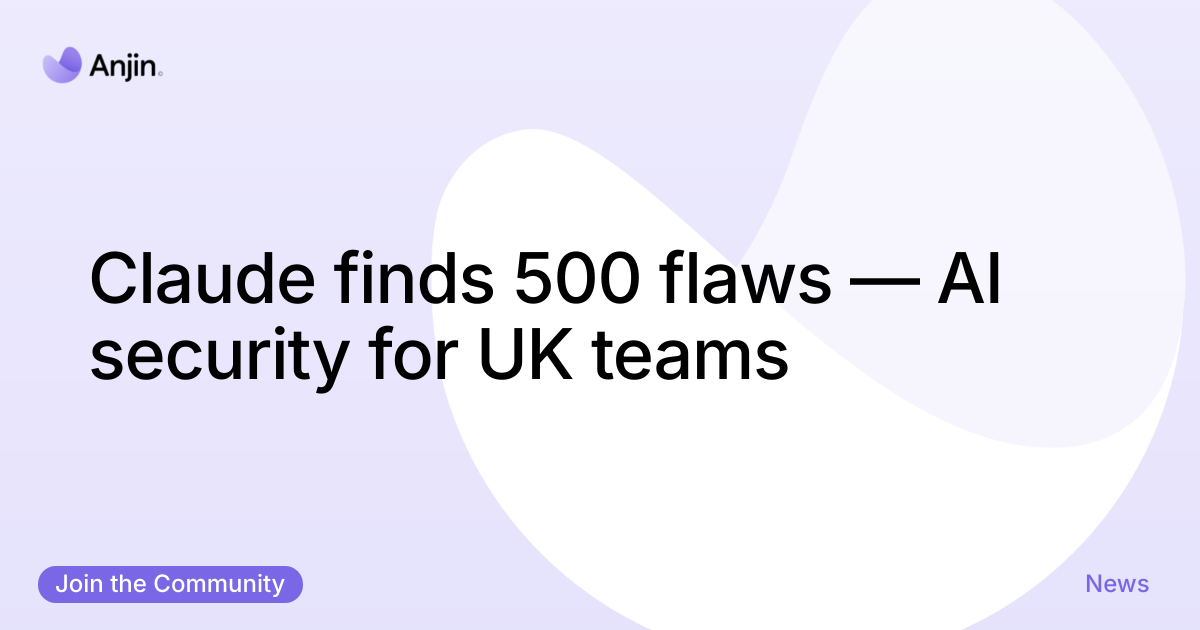Brussels' AI Act Delay: A Closer Look
In a surprising development, Brussels has signalled a potential delay in the enforcement of key deadlines under the EU AI Act. According to a briefing held on 12 June, the European Commission may push back obligations for general-purpose AI models and high-risk systems beyond the current schedule of 2 August 2025, 2026, and 2027. The reason? The necessary technical standards and a code of practice for GPAI are not yet ready. The political window for legislating these changes before the European Parliament's July recess is alarmingly tight, leaving compliance calendars in a state of flux.
The implications of this delay are significant. Businesses, especially those automating EU data flows, must prepare for a landscape where the timelines for compliance are suddenly uncertain. The delay could provide additional time for companies to align with the forthcoming standards, but it also prolongs the period of regulatory ambiguity. This uncertainty necessitates a strategic dual approach to compliance planning: one that prepares for a delay, and another that maintains readiness for the original deadlines. As noted by the European Commission, the demand for plain-English compliance explainers is set to rise, offering content teams a timely opportunity to educate and engage their audiences.
Reputable sources such as Politico and the Financial Times have highlighted the potential ripple effects of this delay across industries reliant on AI technologies. The postponement, while providing breathing room, also underscores the complexity of legislating AI in a rapidly evolving technological landscape. Companies must remain agile and informed as they navigate this shifting regulatory environment.
Unseen Opportunities in the AI Act Delay
The delay in the EU AI Act deadlines, while initially seen as a challenge, presents a unique opportunity for businesses to refine their compliance strategies. According to a report by McKinsey, companies that proactively adapt to regulatory changes often outperform their peers in terms of innovation and market share. This delay allows businesses to revisit their AI strategies, ensuring they are not only compliant but also optimised for efficiency and growth.
By taking advantage of the extended timeline, companies can invest in developing more robust AI systems that align with future standards. This proactive approach can lead to improved trust and credibility with stakeholders, as well as a competitive edge in the market. Furthermore, the delay offers a chance to foster collaboration between businesses, regulators, and industry experts to shape the future of AI legislation.
Strategic Playbook for Navigating the Delay
- Assess Current Compliance Status: Conduct a thorough review of your current AI systems and their compliance with existing regulations.
- Develop Dual Playbooks: Create two strategic plans—one for a potential delay and another for adhering to the original deadlines.
- Engage with Industry Experts: Stay informed by participating in industry forums and consultations with regulatory bodies.
- Invest in Training: Equip your team with the knowledge and skills needed to adapt to new regulations and standards.
- Monitor Legislative Developments: Keep a close eye on updates from the European Commission and adjust your strategies accordingly.
Leveraging Anjin's AI Agents for Compliance
Anjin offers a suite of AI agents designed to simplify compliance and enhance operational efficiency. The Content Creator AI agent can be particularly useful for generating clear and concise compliance explainers, helping businesses communicate regulatory requirements effectively to their teams and stakeholders.
Additionally, Anjin's EEAT Enhancer can bolster your content's expertise, authoritativeness, and trustworthiness, ensuring that your compliance materials resonate with your audience. By leveraging these tools, businesses can navigate the complexities of the EU AI Act with confidence and clarity.
Take Action: Ensure Your Compliance Readiness
As the EU AI Act deadlines remain uncertain, taking proactive steps is crucial. Start by assessing your current compliance status and developing dual playbooks to cover both scenarios. Engage with industry experts and invest in training to keep your team ahead of the curve. Finally, consider leveraging Anjin's AI agents to streamline your compliance efforts and ensure your business is prepared for whatever the future holds.
Don't wait for the dust to settle—act now to secure your place as a leader in AI compliance and innovation.





